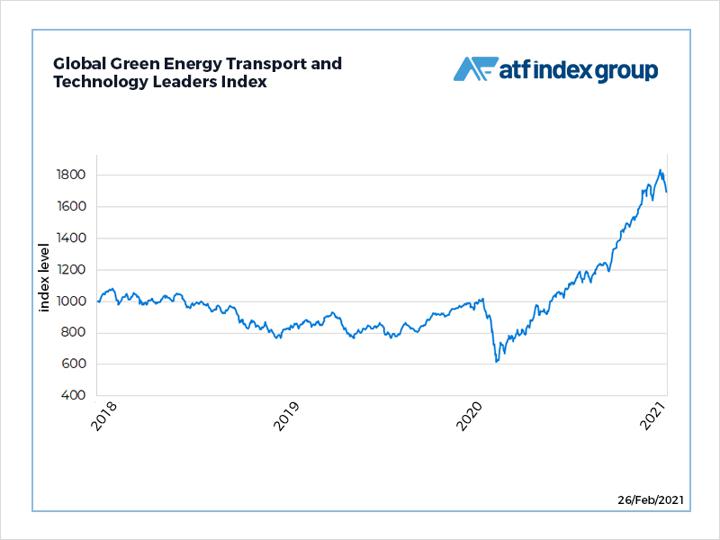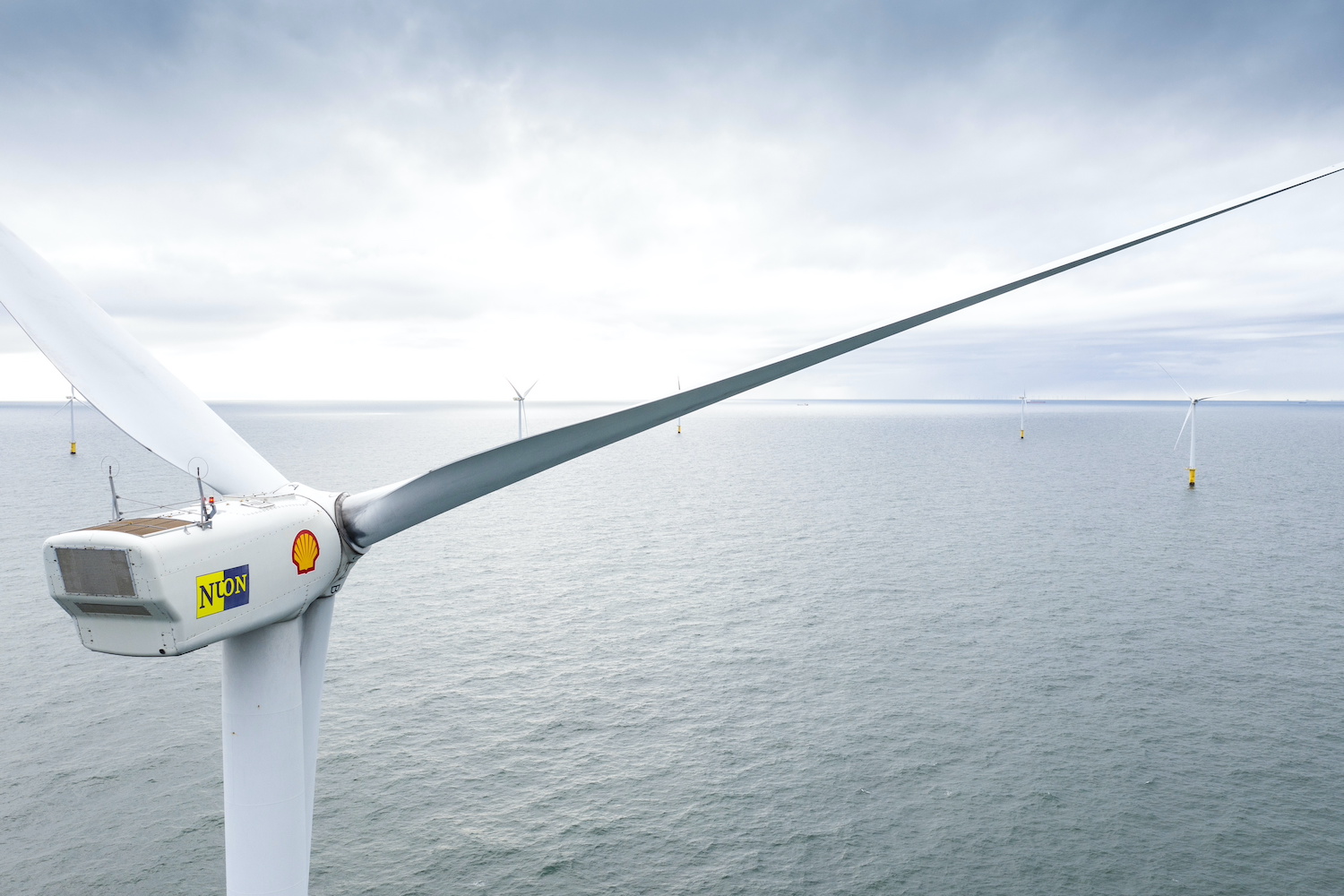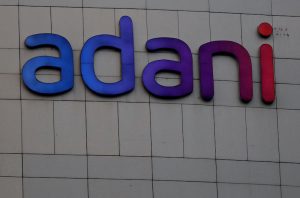(ATF) Big finance has got the memo on global warming, with a number of initiatives about to be launched or growing in importance as climate change becomes a mainstream matter.
Banks in the European Union would have to publish a groundbreaking “green asset ratio” (GAR) as a core measure of their climate-friendly business activities from next year, the EU’s banking watchdog proposed on Monday.
Meanwhile, financial exchanges are launch carbon futures contracts to capitalise on what could be a multi-billion dollar market as companies seek to offset their carbon footprint.
Read more on ATF
- Crunch week looms for yields and relative US/China value
- Covid vaccines: Dr Ngozi’s first big test as new WTO head
- Chinese investment in Australia plunges as relations sour
As the trend in sustainable investing gathers pace, regulators want investors to get more reliable information on a bank’s exposures to climate change as storms and other weather events affect the value of their assets and liabilities.
The European Banking Authority (EBA) said the GAR, put out to formal public consultation on Monday, will measure the amount of climate-friendly loans, advances and debt securities compared to total assets on a lender’s balance sheet to reach a percent figure.

“I believe it’s the first time regulators are asking for a green asset ratio,” said Piers Haben, EBA’s director of banking, markets, innovation and consumers.
“The numbers may well be single digit for banks at first and that’s why context will be important. When a bank talks about where it wants to be in 2030, that is going to be really interesting on the green asset ratio.”
Transition risks
The new EU “taxonomy” would be used to define which assets are environmentally sustainable.
EBA said that many stakeholders have a legitimate interest in the physical and transition risks that banks are exposed to from climate change.
Banks are likely to face pressure from investors to show what steps they are taking to increase their GAR over time, though few lenders are expected to reach 100%.
The GAR would published in a bank’s annual report, starting from 2022 based on data up to Dec. 31, 2021.
Banks will also have to publish three other indicators showing the extent to which fees from advisory services, major trading operations and off-balance sheet exposures are derived from climate-friendly activities.
Offset futures
Carbon offsets, generated by emissions reduction projects, such as tree planting or shifts to less polluting fuels, have struggled for years to gain credibility, but as climate action has become urgent, their market is expected to grow to as much as $50 billion by 2030.
Among the major corporations that say they expect to use them to compensate for any emissions they cannot cut from their operations and products are Unilever, EasyJet, Royal Dutch Shell and BP, which all have climate targets.
Singapore-based digital exchange AirCarbon said it planned to launch an offset futures contract by the second quarter.
“The entire concept behind carbon trading and offsets is to employ the profit motive in order to push decisions towards climate change mitigating activities. (We ensure) that you find the most efficiently priced offsets,” William Pazos, co-founder of AirCarbon, said.
The futures market would allow companies to buy a simple credit, effectively a promise to reduce a tonne of emissions but not specifying where that would take place, in contrast to the existing market that offers direct access to particular offset projects.
Advocates, such as AirCarbon, say the resulting liquidity and transparency are positive.
Critics, including some environmental groups and some project developers, say making the market bigger may just make it cheaper for emitters without providing any guarantee it will support the projects most effective in reducing emissions.
“There is a risk in a … switch from something which has a large proportion of over-the-counter buyers at least taking some interest in what they are buying and its quality to large wholesale transactions that aren’t so easily unpacked,” said Owen Hewlett, chief technical officer at Gold Standard, one of the biggest carbon offset registries.
- Reporting by Reuters
























